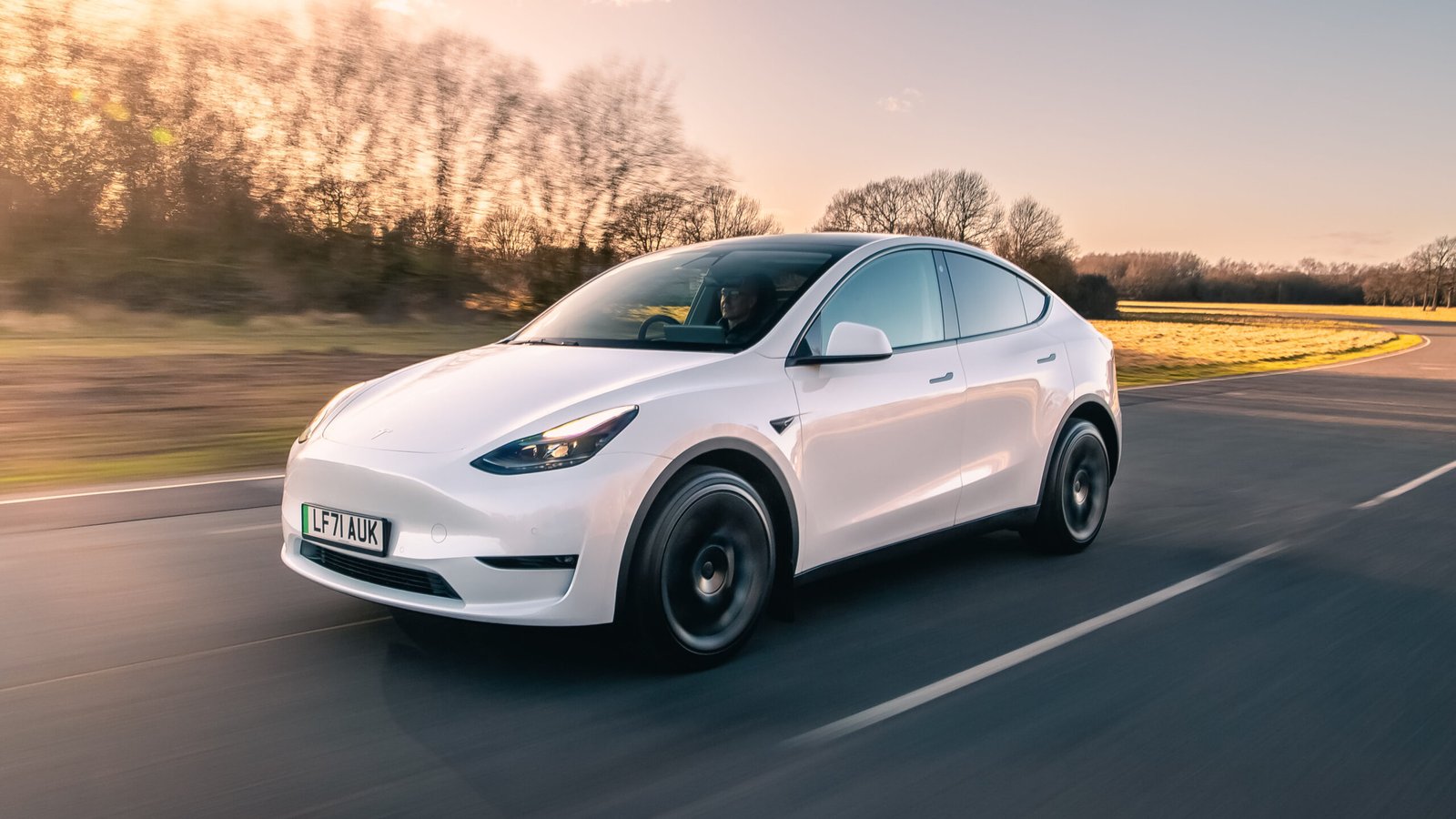Tesla’s potential entry into India’s EV market, driven by reduced import duties and government support, could disrupt the supply chain and accelerate EV adoption.
Tesla Inc. is signaling a potential entry into the Indian market, marked by recent job postings in the country. This development follows a meeting between CEO Elon Musk and Prime Minister Narendra Modi in the United States.
The electric-vehicle manufacturer has advertised 13 roles on LinkedIn, including customer-facing and back-end positions. These positions are located in Mumbai and Delhi, with roles such as service technician and advisory positions available in both cities, while other roles such as customer engagement manager and delivery operations specialist are based in Mumbai.
Tesla’s interest in India has been intermittent over the years, primarily due to concerns about high import duties. However, India has recently reduced its basic customs duty on high-end cars priced above $40,000 from 110% to 70%, which may have influenced Tesla’s renewed interest.
While India’s EV market is still in its early stages compared to China, it presents an opportunity for Tesla to address slowing sales. Tesla experienced its first annual drop in EV sales in over a decade. Last year, India’s electric car sales neared 100,000 units, while China’s reached 11 million.
Tesla’s intentions in India gained momentum after PM Modi’s meeting with Musk in Washington. There, discussions also involved US President Donald Trump.
Industry Perspectives
Vinkesh Gulati from the Federation of Automobile Dealers Associations (FADA) views Tesla’s potential entry as a positive development for India’s EV market and manufacturing sector. He suggests that government support and reduced import duties for Tesla could strengthen the supply chain, benefiting the wider industry.
However, uncertainty remains regarding whether Tesla will introduce models priced below ₹30 lakh. Gulati notes that Tesla’s entry could disrupt the market, particularly on the supply chain side if they focus on the higher range.
EV Market Dynamics in India
Currently, electric vehicles account for less than 2% of the passenger vehicle segment in India, with a target of 30% by 2030. Achieving this target may require significant disruption, and Tesla’s entry could potentially accelerate EV adoption.
Kranti Sambhav from Overdrive shares a similar viewpoint, emphasizing that Tesla’s entry into the Indian market is still uncertain and closely monitored by industry observers. Any incentives or duty reductions for EVs would likely benefit other manufacturers as well, creating a broader impact.
Trade and Tariff Considerations
US President Donald Trump has announced plans to raise tariffs, aligning them with rates imposed by other countries on imports. The key concern revolves around the final tariff rates and their specific impact on components.
The trade relationship between India and the US in the automobile sector is relatively small, with limited vehicle exports from both sides. While some Indian manufacturers export auto components, their volumes remain low. Given the uncertainty surrounding new tariffs, companies are closely monitoring developments and exploring alternative strategies to mitigate potential impacts.
For now, the industry remains in a wait-and-see mode, assessing the potential outcomes of these developments.
Sources: https://www.ndtv.com/india-news/tesla-begins-hiring-in-india-after-pm-modi-elon-musk-meet-in-us-7735088
https://www.financialexpress.com/auto/car-news/tesla-job-openings-in-india-will-it-set-up-shop-soon/3752600/
https://www.cnbctv18.com/auto/why-teslas-entry-is-unlikely-to-disrupt-indias-retail-ev-market-19559791.htm
